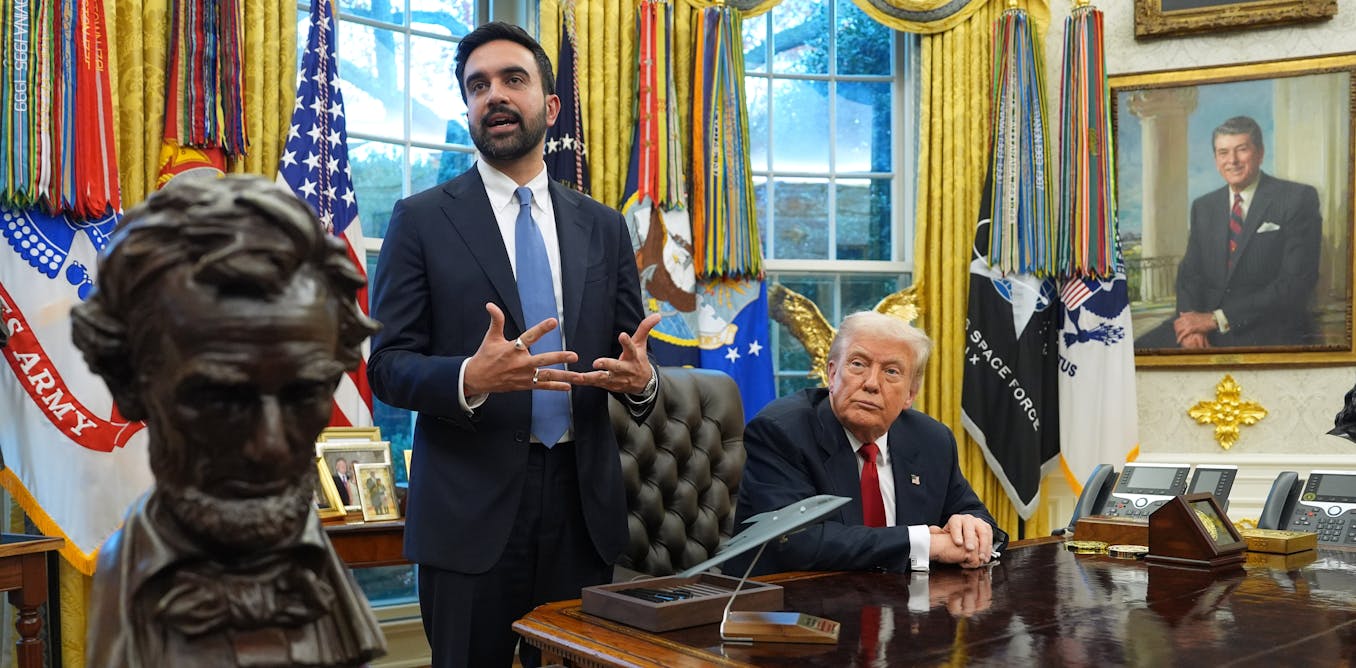
"However, Mamdani didn't win simply because of who he is. He won because of what he did, the politics that his campaigns were based on - a platform that focuses on the cost of living, from utility bills to grocery bills to bus fares to child care to rent - and, more importantly, the feelings, the trust and cohesion generated in the network of people who organized with and for him."
"As a scholar who examines digital media and information technology in relation to citizen participation and democracy, I know that political behaviour research has long observed that voters don't choose based on policy alone: they vote based on identity, group belonging, emotional attachments and symbolic cues, all of which speak to "the politics of feelings." This refers to politics that mobilize and build power through shared feelings and emotional bonds."
Zohran Mamdani's victory generated global pride across Muslim, Indian, and Ugandan communities because of shared identities and immigrant experience. Representation drove visibility and emotional affirmation for many who saw their backgrounds reflected. Mamdani's campaign prioritized tangible cost-of-living issues—utilities, groceries, transit, child care, and rent—while building trust and cohesion among organizers and voters. Voter choice reflected both policy preferences and identity, group belonging, emotional attachments, and symbolic cues. The campaign built power through shared feelings and networks of mutual support rather than identity alone determining the outcome.
Read at The Conversation
Unable to calculate read time
Collection
[
|
...
]